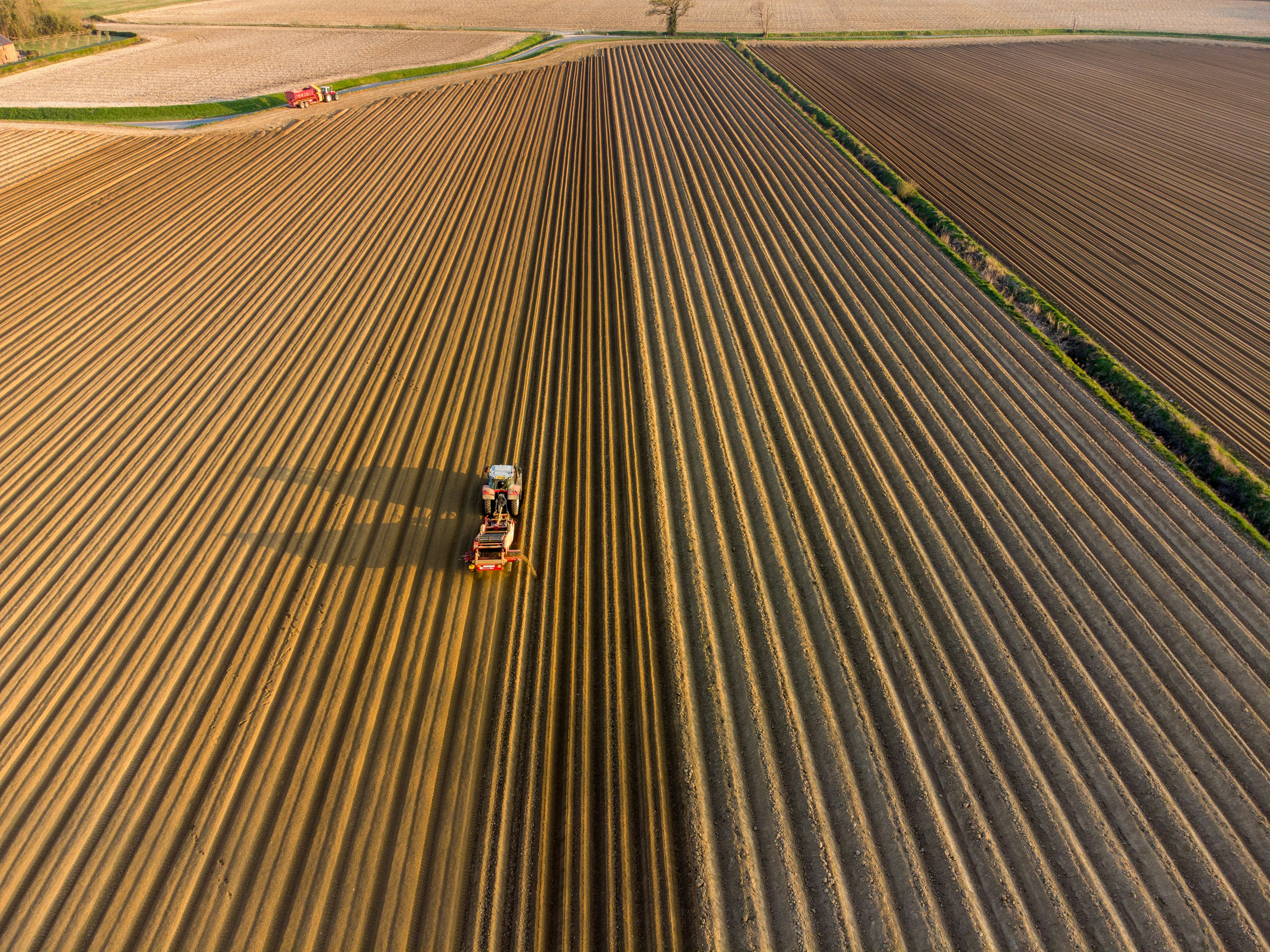The Future of Farming: Integrating Artificial Intelligence
Innovation
Jan 12, 2024
As the global population continues to grow, the pressure on the agricultural industry to produce more food with limited resources is intensifying. In response to this challenge, farmers are increasingly turning to technology to optimize their operations and increase productivity. Among the most promising advancements is the integration of artificial intelligence (AI) into farming practices. In this article, we explore the transformative potential of AI in agriculture and how it is shaping the future of farming.
Harnessing the Power of AI
Artificial intelligence refers to the simulation of human intelligence by machines, enabling them to analyze data, learn from patterns, and make decisions with minimal human intervention. In agriculture, AI holds immense promise for revolutionizing various aspects of farm management, from crop monitoring and pest control to yield optimization and resource management.
Optimizing Crop Management
AI-powered algorithms can analyze vast amounts of data collected from sensors, drones, satellites, and other sources to provide farmers with actionable insights into crop health, growth patterns, and environmental conditions. By leveraging machine learning techniques, AI can identify trends, predict outcomes, and recommend optimal strategies for crop management, allowing farmers to make data-driven decisions that maximize yields while minimizing inputs.
Precision Agriculture Redefined
Precision agriculture, which involves tailoring farming practices to specific field conditions, is undergoing a transformation with the integration of AI. By combining real-time data analytics with GPS technology, drones, and autonomous machinery, AI enables farmers to precisely target inputs such as water, fertilizers, and pesticides, optimizing resource use and reducing environmental impact. The result is improved efficiency, sustainability, and profitability across the entire farm operation.
Predictive Analytics for Pest Management
One of the most significant challenges facing farmers is pest management, which can have devastating effects on crop yields and profitability. AI-powered predictive analytics offer a proactive approach to pest control by analyzing environmental data, pest population dynamics, and historical patterns to forecast potential outbreaks. By identifying high-risk areas and timing interventions accordingly, farmers can minimize crop damage and reduce reliance on chemical pesticides, promoting both environmental and economic sustainability.
Smart Equipment and Autonomous Systems
AI is also driving innovation in farm machinery and equipment, with the development of smart sensors, autonomous drones, and robotic systems capable of performing tasks such as planting, harvesting, and weeding with precision and efficiency. These autonomous systems leverage AI algorithms to navigate fields, identify targets, and execute tasks with minimal human supervision, freeing up farmers' time and labor while improving productivity and profitability.
Challenges and Considerations
While the potential benefits of AI in agriculture are immense, there are challenges and considerations to address, including:
Data Quality and Integration: AI algorithms rely on high-quality, diverse datasets to produce accurate and reliable results. Ensuring data quality and compatibility across different sources and systems is essential for effective AI implementation in agriculture.
Cost and Accessibility: The upfront costs of implementing AI technologies, including hardware, software, and training, can be prohibitive for some farmers, particularly smallholders and those in developing countries. Bridging the digital divide and providing support and incentives for adoption are crucial for ensuring equitable access to AI in agriculture.
Regulatory and Ethical Considerations: As AI becomes more integrated into farming practices, regulatory frameworks must evolve to address issues related to data privacy, intellectual property rights, and ethical use of AI technologies. Clear guidelines and standards are needed to ensure responsible and sustainable deployment of AI in agriculture.
The Future of Farming
Despite these challenges, the future of farming with AI is promising. As technology continues to advance and stakeholders collaborate to address barriers to adoption, AI has the potential to revolutionize agriculture, making farming more efficient, sustainable, and resilient in the face of evolving challenges such as climate change and food security. By embracing AI-driven innovations, farmers can unlock new opportunities for growth and prosperity while ensuring a more sustainable future for generations to come.





